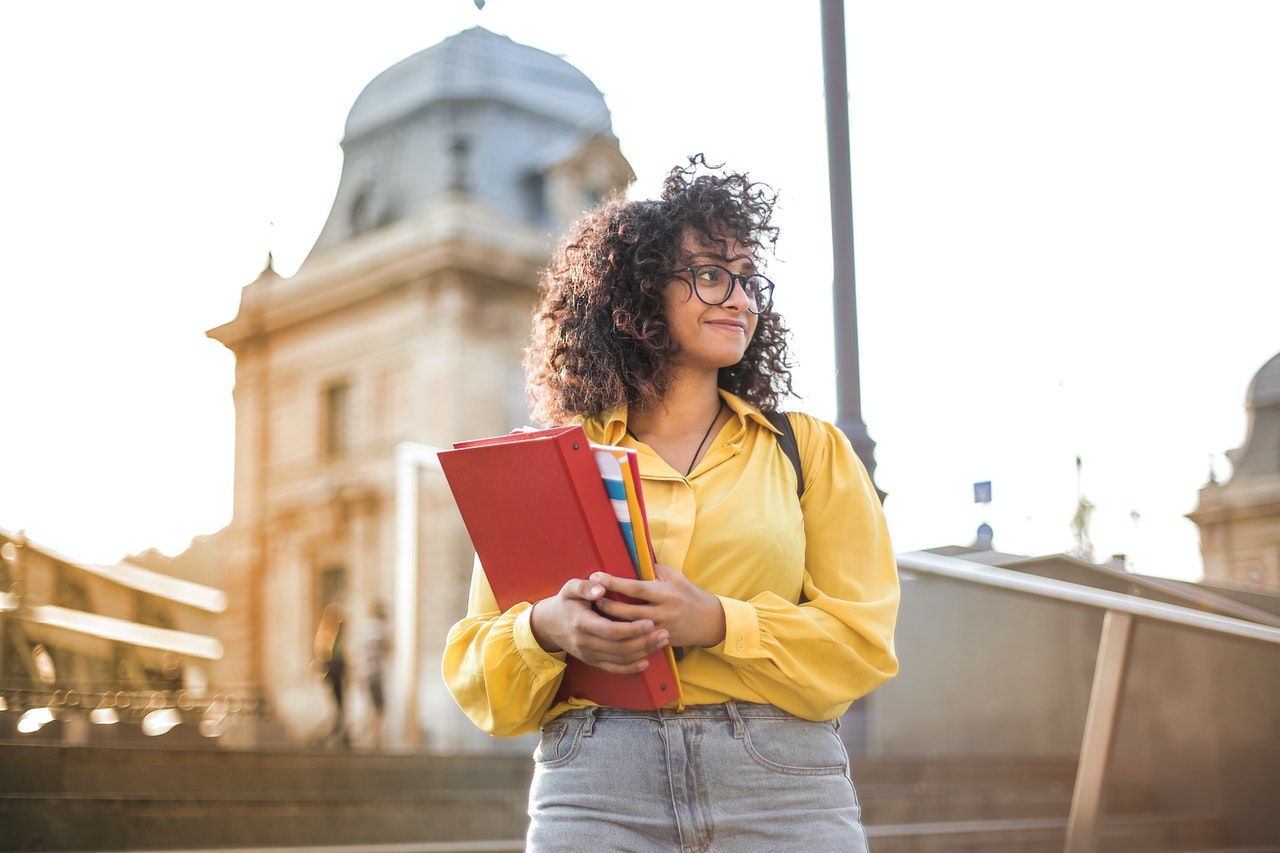
Pursuing tertiary education can be a big step in anyone’s life. For PWDs, accessing college or university can pose a bigger challenge, physically and mentally.
Here are things to look out for, or questions to ask when you are looking for the right place to continue your studies.
Physical access
The layout of the buildings should not stop you from getting to classes. An accessible university may include the following:
- ramps or escalators along with stairs
- lifts wide enough for wheelchair access
- automatic doors
- handrails
- non-slip flooring
- easy-to-grip door handles
- tactile flooring for those with visual disabilities
- shuttles between campus buildings (and residential buildings)
If you are able to tour the campus, look for one that implements universal design. Universal design is the design of products and spaces that can be used by as many people as possible, as easily as possible, without the need for adaptation or specialised design. Adaptations are included in the initial design, not added on later.
This is not to say that added features are completely useless. But if you find features that have been built in from the very beginning, there is a greater chance that the institution was built with students with disabilities in mind.
Sensory access
The ideal is to have more than one way to access information and classes. Ask your college or university about Braille support, interpreters, or hearing loops. Handouts and documents should be available in large print for easier reading.
In the case of hearing disabilities or audio processing disabilities, students should also be permitted to record lectures for later access. If your classes play a lot of videos (or if you have online, video-only classes), they should provide closed-captioning.
Assistive technology
An accessible campus should also include assistive technology, or the space to include students’ own tools. These can include
- mobility aids (wheelchairs, walkers, etc)
- text to speech tools and speech conversion tools
- writing tools (Draft Builder, speech recognition software etc.)
Support and student services
Students should have access to supportive counsellors and lecturers who are willing to accept their disabilities and find solutions with them, instead of shutting them down or telling them to tough it out. You deserve access to people who will help you and advocate for you.
If you need support for projects, such as longer deadlines, different ways of presentation, or taking electronic exams instead of physical ones, you should be able to access those too.
What if my university or college doesn’t have those?
If there are services the college or university does not provide, they should be able to refer you to other sources in the community.
Not all universities or colleges may have the exact accessibility you need. That doesn’t mean you should give up completely on tertiary education. Continue your search, stand up for what you need, and supplement your knowledge with online classes.
Past students, activists and family members can put needed pressure on these institutions to include the accessibility features their students need. As more tertiary institutions become more accessible to everyone, they help every student, disabled or abled, reach their highest potential.
References
DO-IT (2019) Self-Examination: How Inclusive Is Your Campus? [Accessed: 18 Mar 2020] Available at: https://www.washington.edu/doit/self-examination-how-inclusive-your-campus
Mariana M.O., Fatimah Husna M.R., Nurul Izzati M.B., Mansor I. (2014) Barrier-free Campus: University Malaya, Kuala Lumpur [Accessed: 18 Mar 2020] Available at: https://sciencedirect.com/science/article/pii/S1877042814056778
MIUSA (2020) WHO advises Malaysia to prepare for wider coronavirus outbreak [Accessed: 18 Mar 2020] Available at: https://www.miusa.org/resource/tipsheet/collegeaccessibility
Sean M. (2018) Building a Culture of Accessibility in Higher Education [Accessed: 18 Mar 2020] Available at: https://er.educause.edu/blogs/2018/7/building-a-culture-of-accessibility-in-higher-education
Zulita M. (2019) Inclusive campuses: Enabling the disabled to pursue studies to the highest level [Accessed: 27 Feb 2020] Available at: https://www.nst.com.my/education/2019/04/482525/inclusive-campuses-enabling-disabled-pursue-studies-highest-level